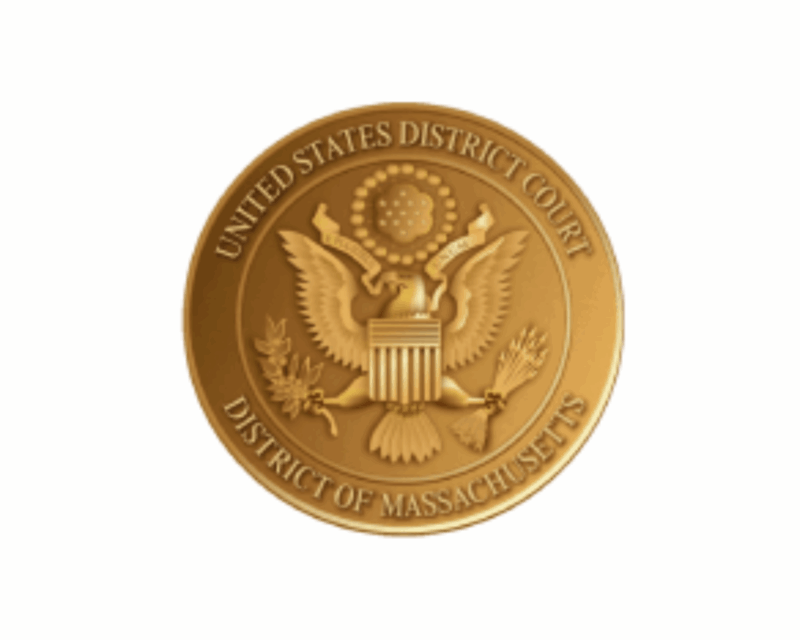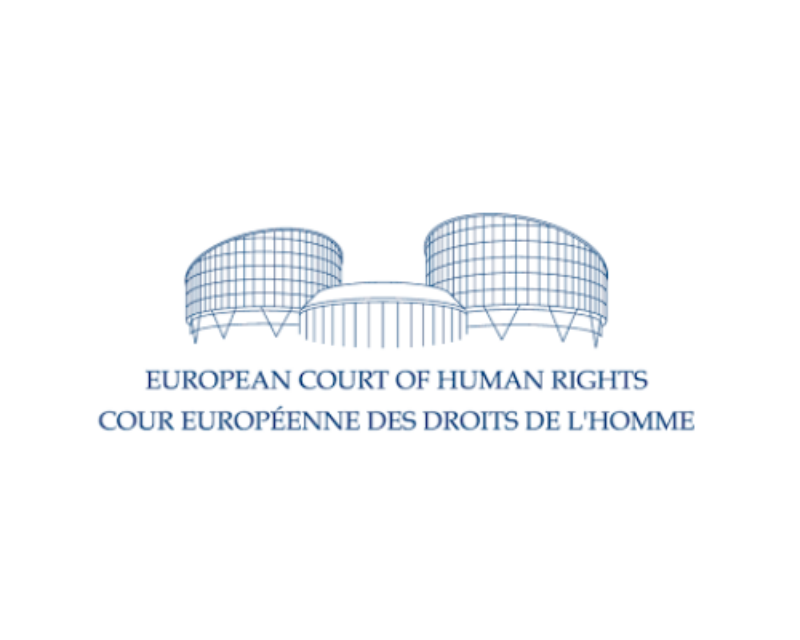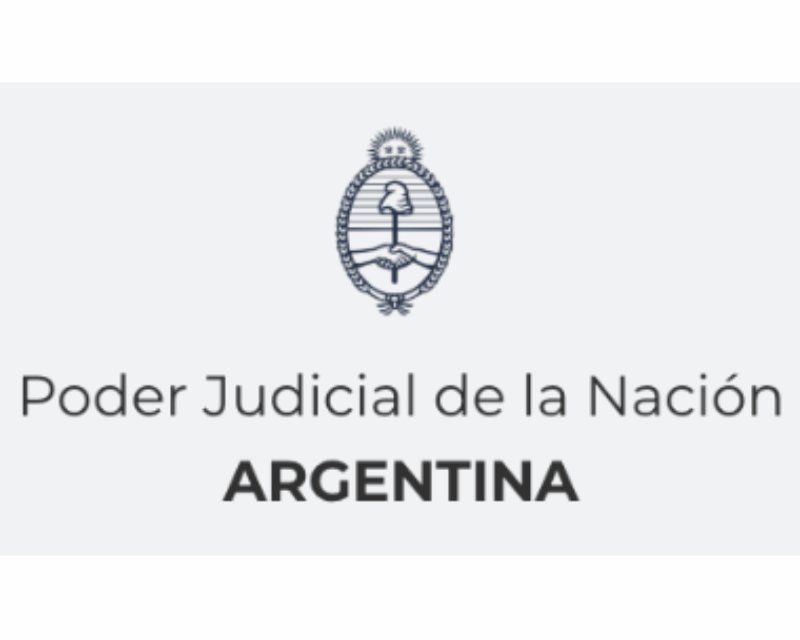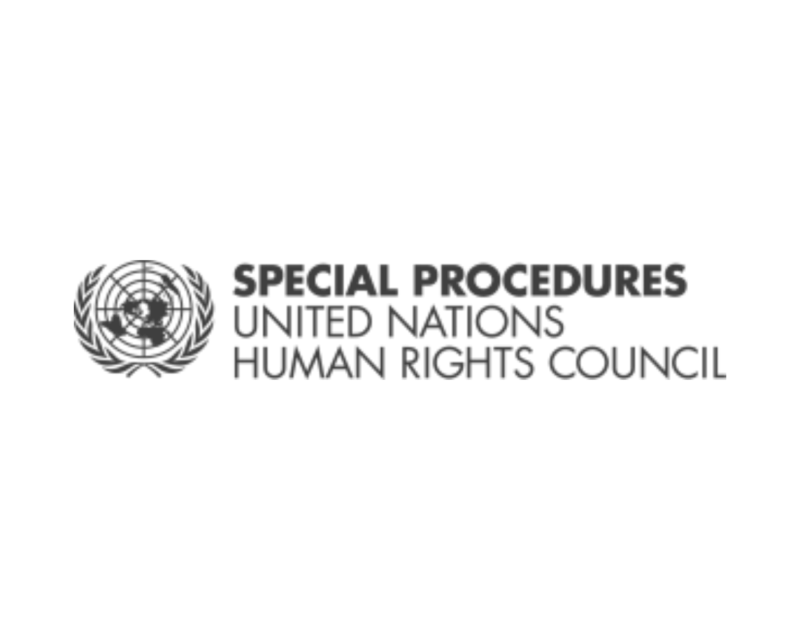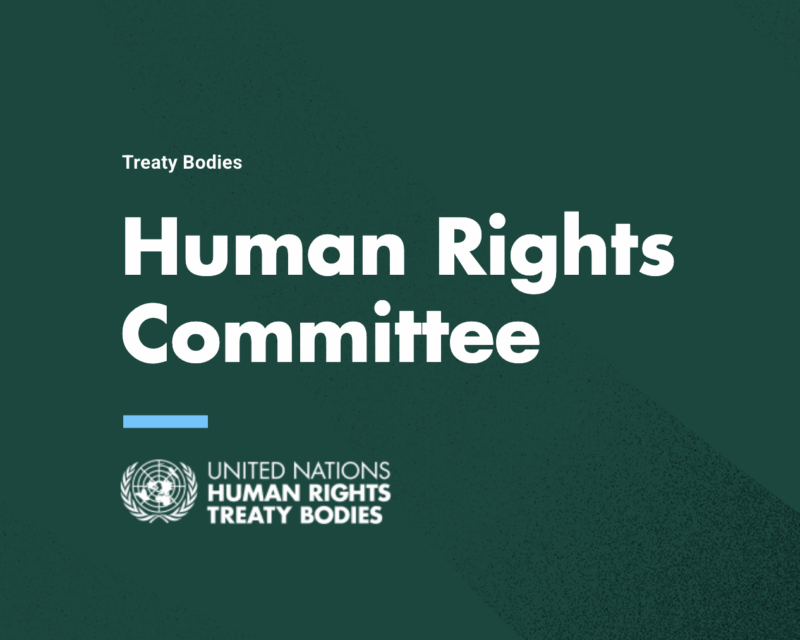
Fátima v. Guatemala
The UNHRC held that Guatemala violated Fátima’s right to freedom of expression and access to information, by failing to provide her with clear, timely, and evidence-based information on sexual and reproductive health.
Image credit: ohchr.org

